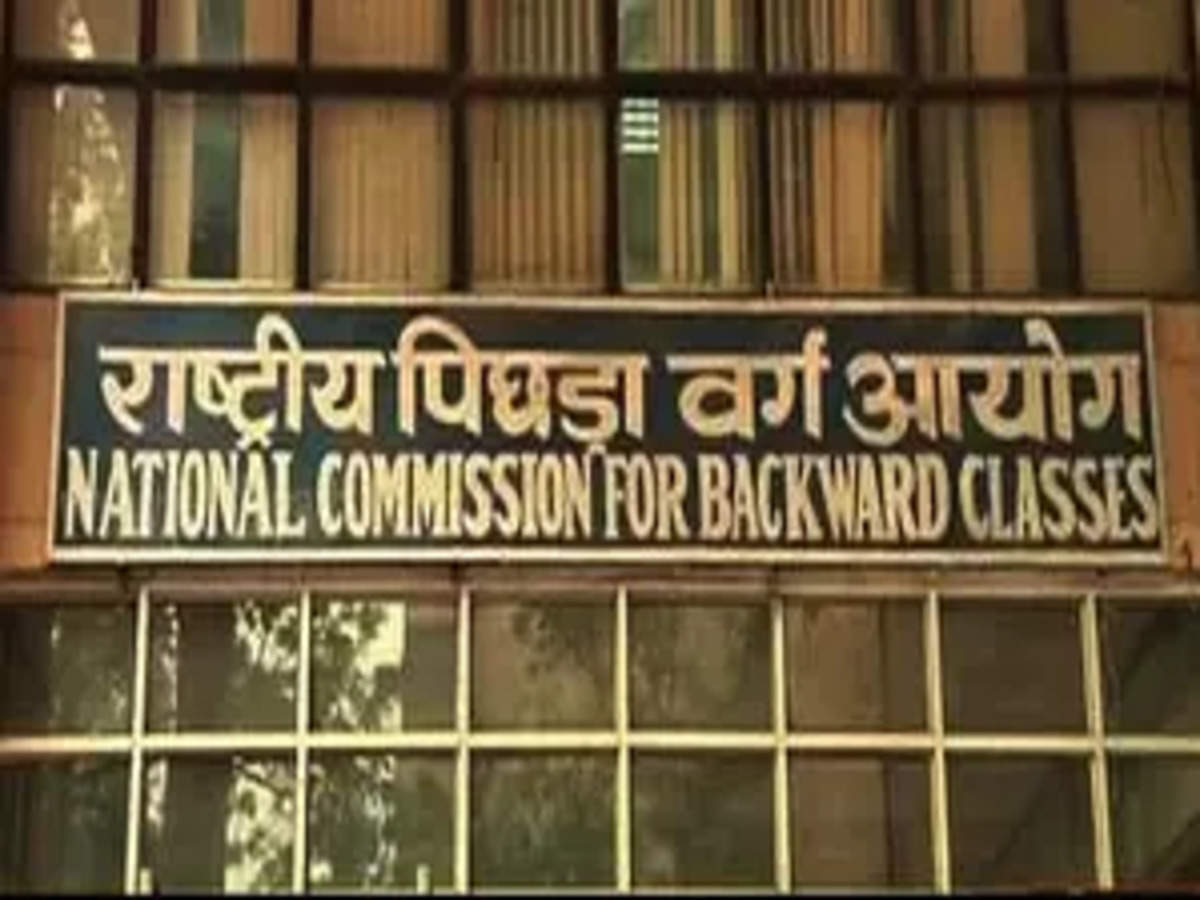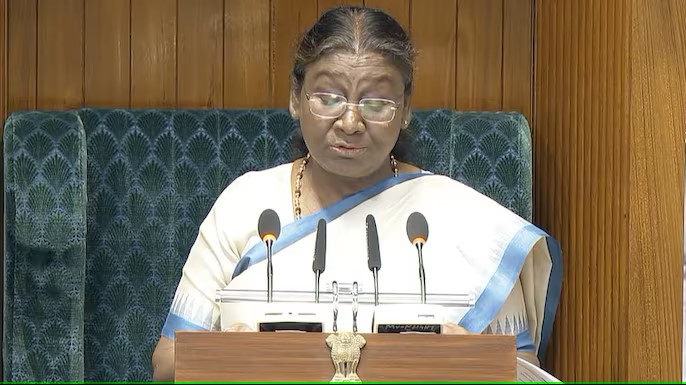The National Commission for Backward Classes (NCBC) finds itself in an unprecedented situation with the West Bengal government, as the Chief Secretary has repeatedly failed to appear at scheduled hearings regarding the inclusion of specific castes/communities in the Central List of Other Backward Classes (OBCs) for the state. This persistent disregard for the commission’s summons has strained relations and forced the NCBC to take a more assertive stance in its efforts to resolve the issue.
 The NCBC’s frustration stems from the West Bengal government’s continued neglect of its responsibilities. Despite granting five prior opportunities at the state’s request, the Chief Secretary’s consistent absence has significantly delayed the proceedings and cast doubt on the state’s commitment to upholding constitutional principles. The commission expressed its deepest dissatisfaction with this lack of cooperation, highlighting the fundamental responsibility of individuals holding high office to adhere to the values and ethics enshrined in the Constitution. This deliberate disregard for the commission’s authority undermines the very purpose of the NCBC, which is to ensure fair and timely inclusion of eligible communities in the OBC list, granting them access to critical opportunities in education and government employment.
The NCBC’s frustration stems from the West Bengal government’s continued neglect of its responsibilities. Despite granting five prior opportunities at the state’s request, the Chief Secretary’s consistent absence has significantly delayed the proceedings and cast doubt on the state’s commitment to upholding constitutional principles. The commission expressed its deepest dissatisfaction with this lack of cooperation, highlighting the fundamental responsibility of individuals holding high office to adhere to the values and ethics enshrined in the Constitution. This deliberate disregard for the commission’s authority undermines the very purpose of the NCBC, which is to ensure fair and timely inclusion of eligible communities in the OBC list, granting them access to critical opportunities in education and government employment.
In a last-ditch effort to move the case forward, the NCBC has extended a final opportunity for the Chief Secretary to appear before the commission on March 15, 2024. This final chance allows the Chief Secretary to choose between attending in person at the commission’s office in New Delhi or participating virtually via video conference. However, the NCBC has made it clear that any further absence will result in strict consequences as outlined in the Code of Civil Procedure.
The NCBC’s firm stance reflects the gravity of the situation. The commission’s core function is to ensure the fair and timely inclusion of eligible communities in the OBC list, which is a crucial step towards achieving social justice and equality. The Chief Secretary’s presence is essential for a constructive dialogue and the expeditious resolution of this case, which holds the potential to impact the lives of countless individuals belonging to these communities.




